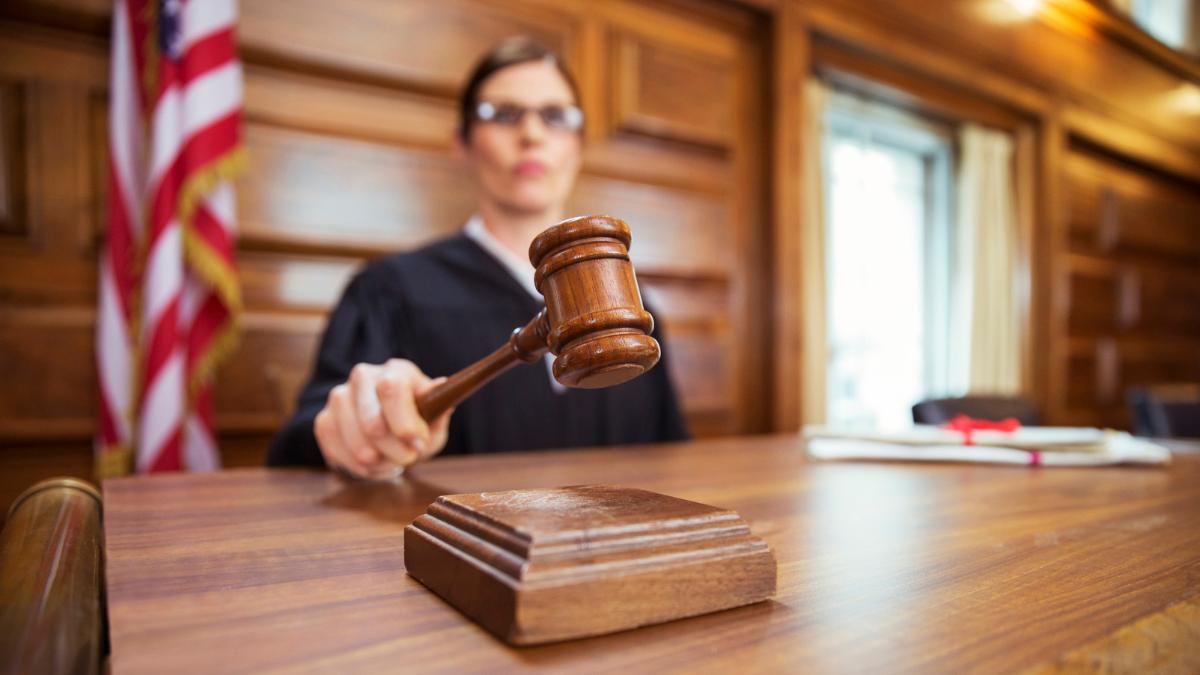NJ Smoking Lawsuit Fails, Plaintiffs to Appeal to State Supreme Court

Last month, Mercer County Judge Patrick Bartels dismissed a lawsuit against the state from various casino workers regarding the Smoke-Free Air Act in New Jersey from 2006. This law allowed for particular areas to allow smoking at casinos. Casino workers argued it violated their right to a safe workspace and aimed to eliminate smoking indoors altogether.
Now, United Auto Workers, a union that represents table game dealers at Bally's, Caesars, and Tropicana (among the most respected NJ online casinos) and was a lead plaintiff in the suit, is appealing Bartels' decision to the New Jersey Supreme Court. Other plaintiffs in the case include "CEASE," also known as the Casino Employees Against Smoking Effects.
Additionally, UAW is leaving the New Jersey chapter of the AFL-CIO because other unions did not support it during this lawsuit.
“I cannot express how furious our institution is at the Jersey state-level AFL and the other unions that filed an injunction status against us,” he said. “This is a moral, health, and safety issue.”
Following the decision to appeal to the NJ Supreme Court, UAW and CEASE's attorney Nancy Erika Smith said, “It is past time to allow casinos the exclusive right to poison their workers for claimed profits."
The appeal seeks "emergent relief" as the lawsuit claims personal health and worker safety.
Judge's Words from the Ruling
In his ruling regarding the lawsuit, Bartels said the following:
“The act places no parameters on a casino worker’s ability to seek work in a smoke-free environment,” Bartels wrote in his ruling. “It cannot be said that the New Jersey Legislature’s actions in providing exceptions to the Smoke-Free Air Act restricts the casino workers’ right to pursue safety under the New Jersey Constitution.”
Regarding the plaintiffs' claims to a state constitutional right to a workplace free of secondhand smoke, Bartels said it's not a "well-settled law."
He added that the odds are long to challenge the ruling in a higher court.
The attorneys defending the casinos in this lawsuit mentioned that shutting down indoor smoking would result in loss of revenue and jobs and that only the Legislature can change a smoking law, not a judge.
"Our elected officials struck what they believed was the most appropriate balance and have had the opportunity every year for 18 years since the act was passed to strike a different balance. If the Legislature changes its collective mind and decides to strike a different balance, then the law will change. If not, the law must stand, and plaintiffs’ complaint must be dismissed,” attorney Chris Porrino said.
UAW and CEASE have a steep hill to climb in appealing to the state's Supreme Court. About 1,000 petitions are filed each year, and only about 100 of the cases are heard.
"To be accepted, the petition must convince the court that the appellate judges made a legal error in deciding the case,” the New Jersey Supreme Court website explains regarding which appeals are heard.
Be first to get our exclusive offers!
Join today to stay up to date on your states gambling news and offers.








